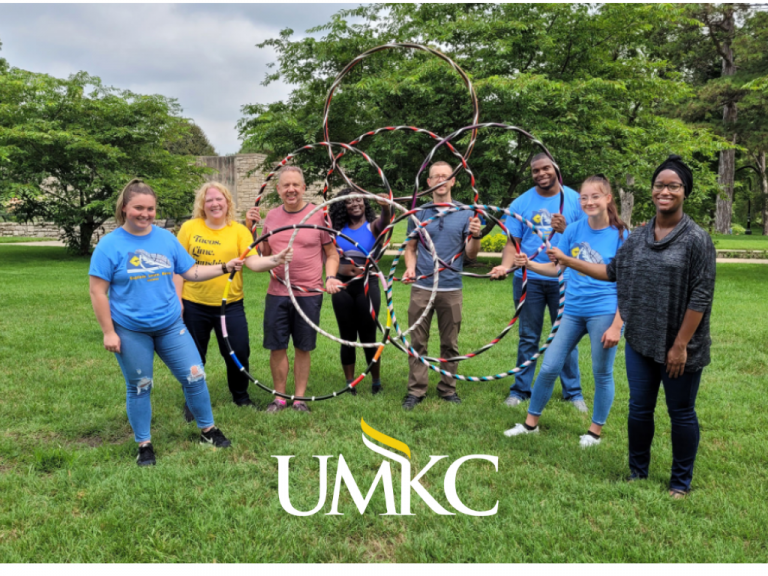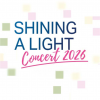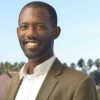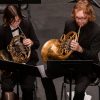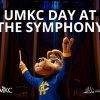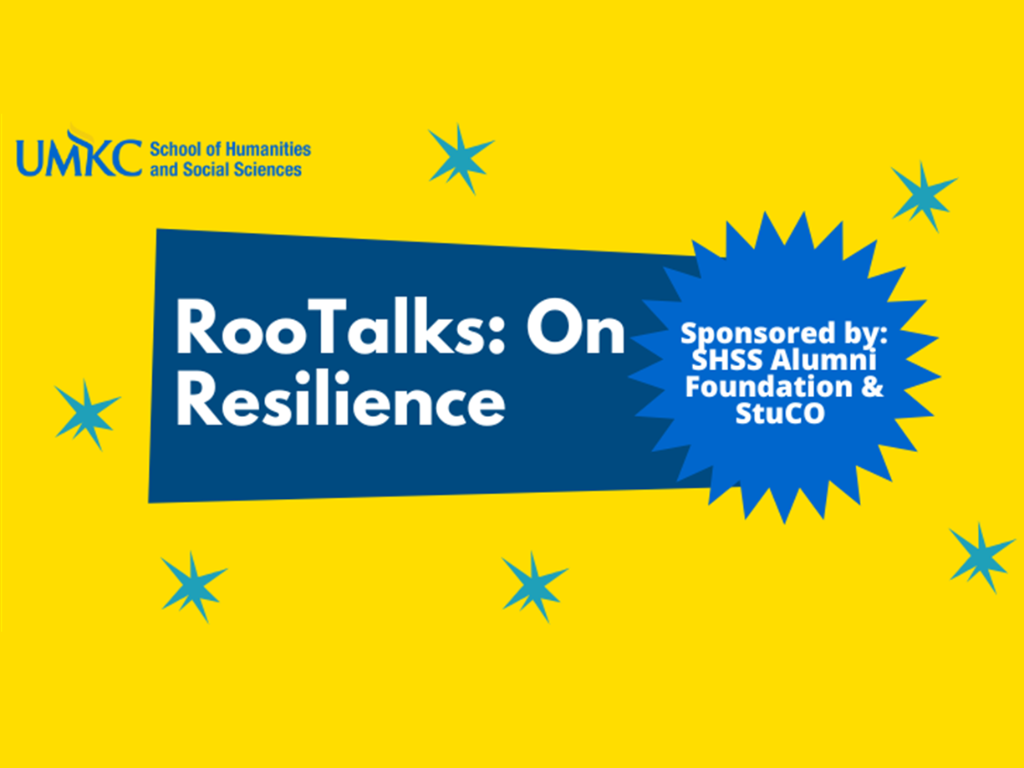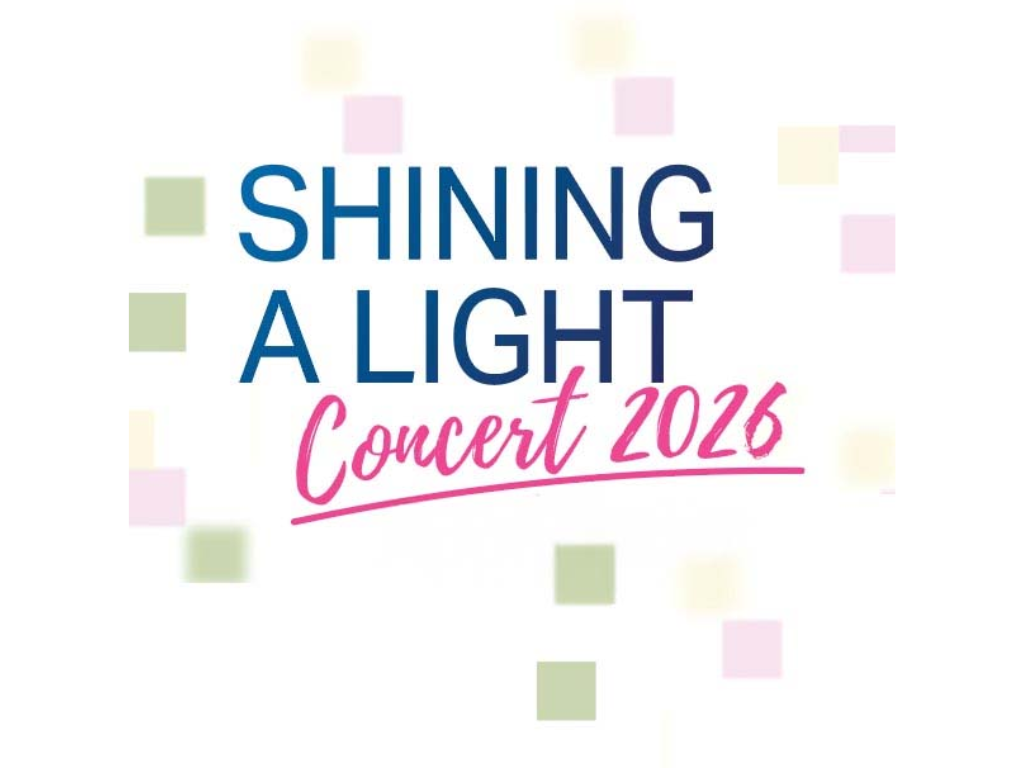This summer, criminal justice and criminology students worked in a wide range of outreach programs connected to the justice system. Each week brought them to a different community service in the Kansas City area, including law enforcement outreach, addiction recovery, and underserved youth, where they could see first-hand how their careers could make an impact. This unique field exploration course was spearheaded by professor and internship coordinator Misty Campbell.
“I wanted to provide an opportunity for students to see what everyday tasks are for those working within the justice system and the various roles one can play within different positions,” Campbell said. “Students were able to engage with a fundraising event, community policing, data collection, strategic planning, observe a facilitated training on trauma and learn about the core tenants of a multi-service agency. My goal was to provide a deeper exploration of careers and professional tasks associated within the diversity of justice-oriented professions.”
Psychology, criminal justice and honors program student Leah Maass completed the course with a better idea of where she wanted her career to go.
“I knew I wanted to work as a paralegal but after spending time at each site, I realized I could also explore a different route while still working with legislation,” Maass said. “This class was an amazing opportunity to immerse myself in the community.”
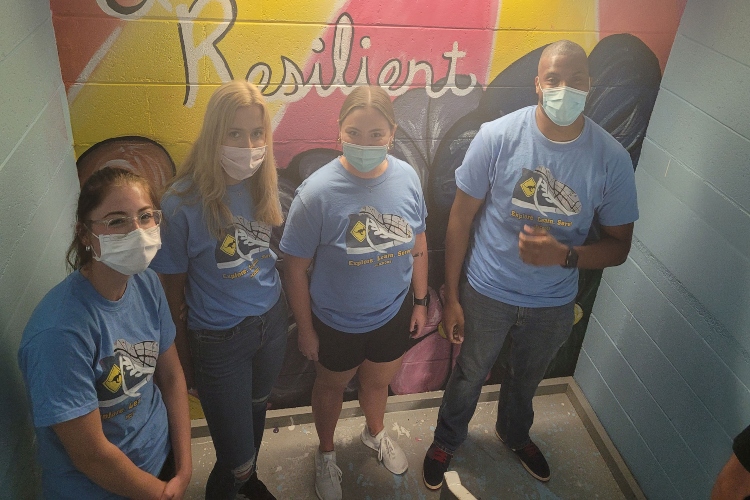
Leah Maass (second from left) and Jahvon Parker (fourth from left) with their classmates on site at Synergy
Criminal justice student Jahvon Parker is ready to graduate at the end of this next semester. The course hasn’t altered his career plans, but he had other reasons to participate.
“I knew Misty was a great teacher, so I had to enroll,” Parker said. “I learned a lot of valuable lessons that will benefit me throughout my entire life. It was so real and humbling.”
The course served as a true win-win situation: students got first-hand experiences to serve them in their lives and careers and community members benefitted from the students’ work as well.
“My hope is that our course showcased to our community partners the various levels of engagement and support our students, and the department, can provide them,” Campbell said. “I also wanted to encourage students to think about how they can support agencies with volunteer and internship roles they’ve not considered before. Our partners are doing phenomenal work, and I want them to feel the tremendous value and respect we hold for them. Part of that, to me, is about showing up and asking how we can serve with them.”
Story by: Emma Fahrlander
Published: Aug 12, 2021

